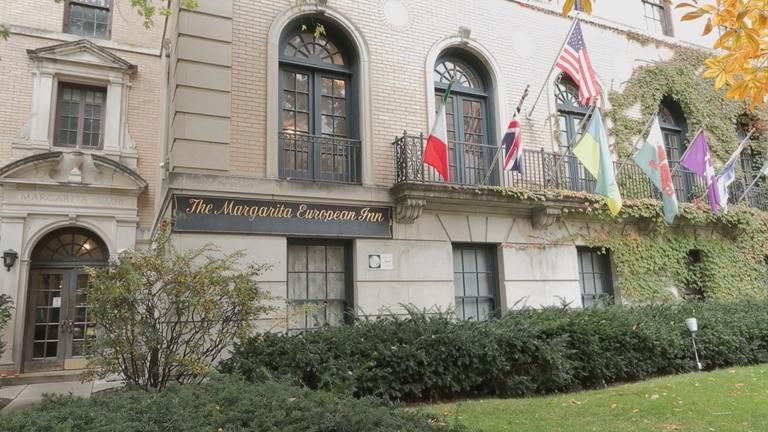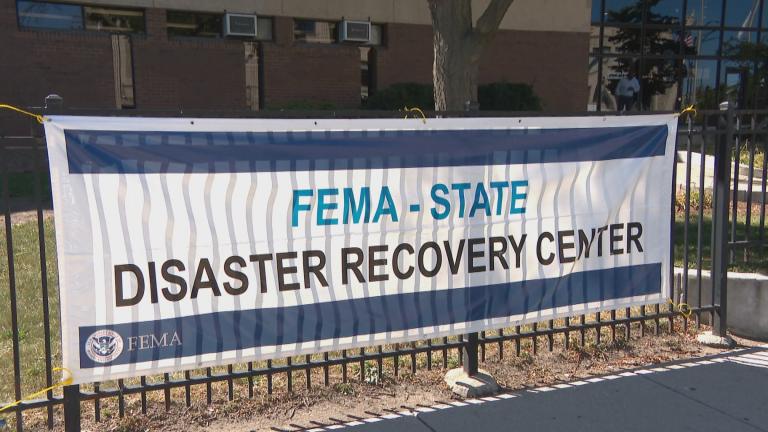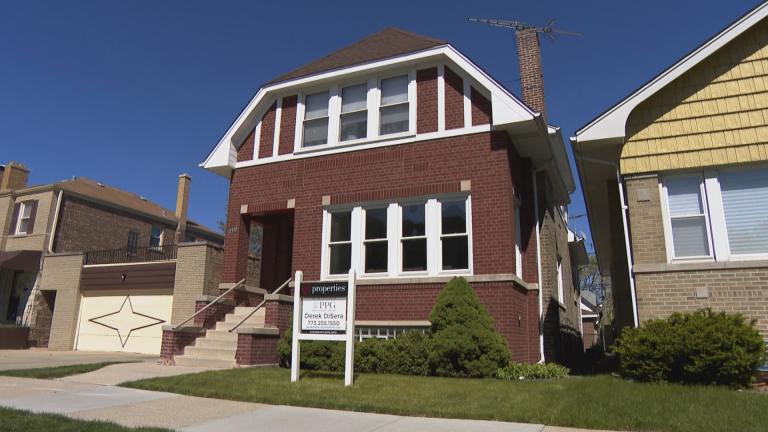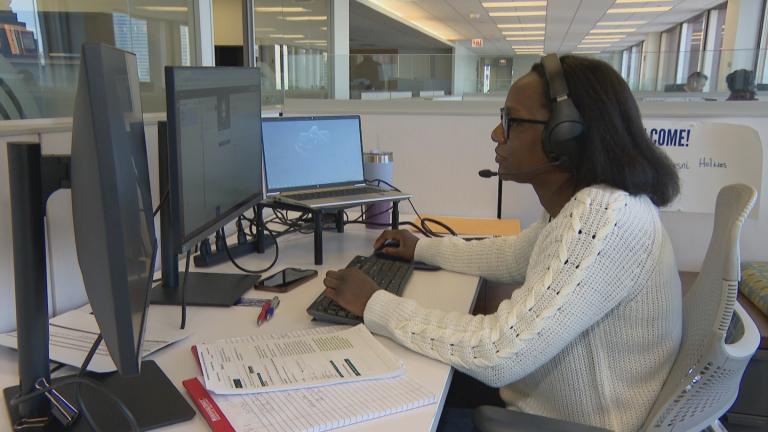Property taxes can be a doozy. Or rather, how they are calculated can be.
Months before that bill lands in your mailbox, local governments — cities, counties and school districts — decide how much money they need.
Then the folks in charge break out the calculators to figure out how to spread that amount across all of the properties in the area. That’s your tax rate.
But it isn’t an even split. Your final bill, or share, is based on the value of your home. After all, the owner of a $100,000 dollar house shouldn’t be expected to pay the same as someone with a multi-million dollar mansion, right?
So the number crunchers hit the books, calculating the fair market value of each property using a whole bunch of data, like sale price, lot size, neighborhood, home age and more – all following a series of steps designed to protect taxpayers from wild swings in their bills.
As a property owner, you can appeal your fair market value before it is set.
Next up is assessment. In Cook County, residential properties are assessed at 10% of fair market value.
If you’re home is valued at $300,000 dollars, the assessed value of your property is $30,000 dollars.
To help make sure everyone pays their fair share, officials then apply a county-wide equalizer to the value of each property.
And property owners can get breaks, or exemptions, for a number of reasons ranging from old age or military service to just living in their own home.
Now it’s time to finish up that math.
Remember the tax rate from the beginning? Multiply it against that final value and … voila! You have your annual property tax bill.
And, of course, that money goes towards critical community services like schools, health care, parks and libraries.
Ah… home sweet home!








